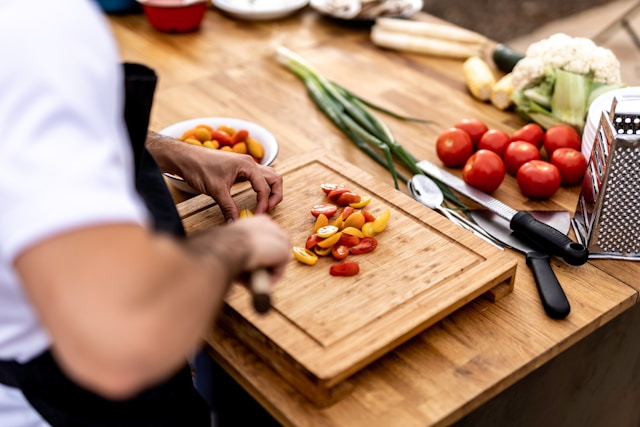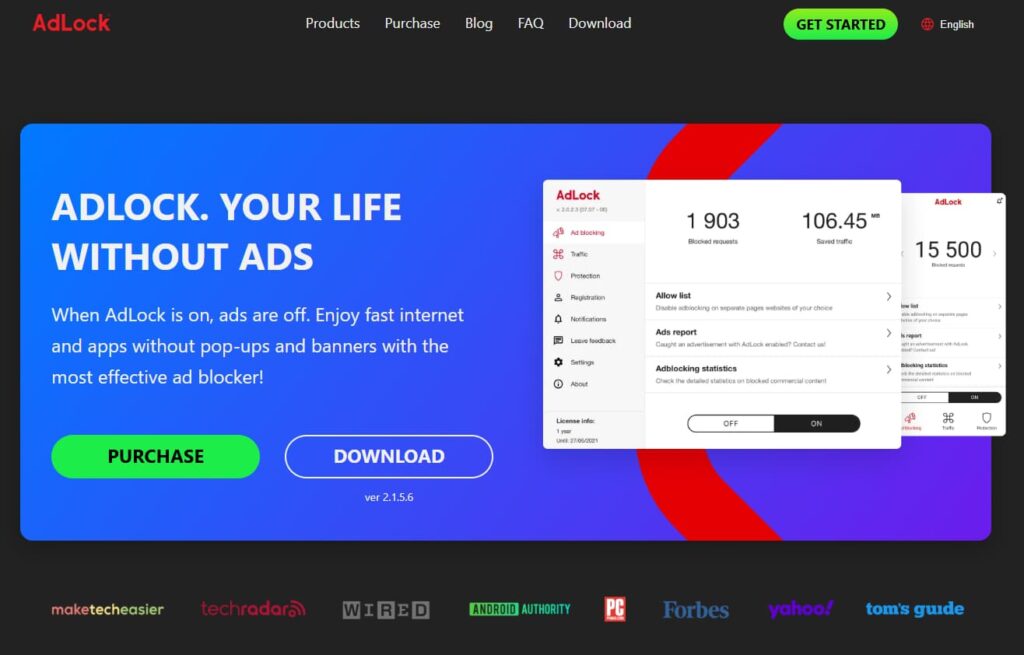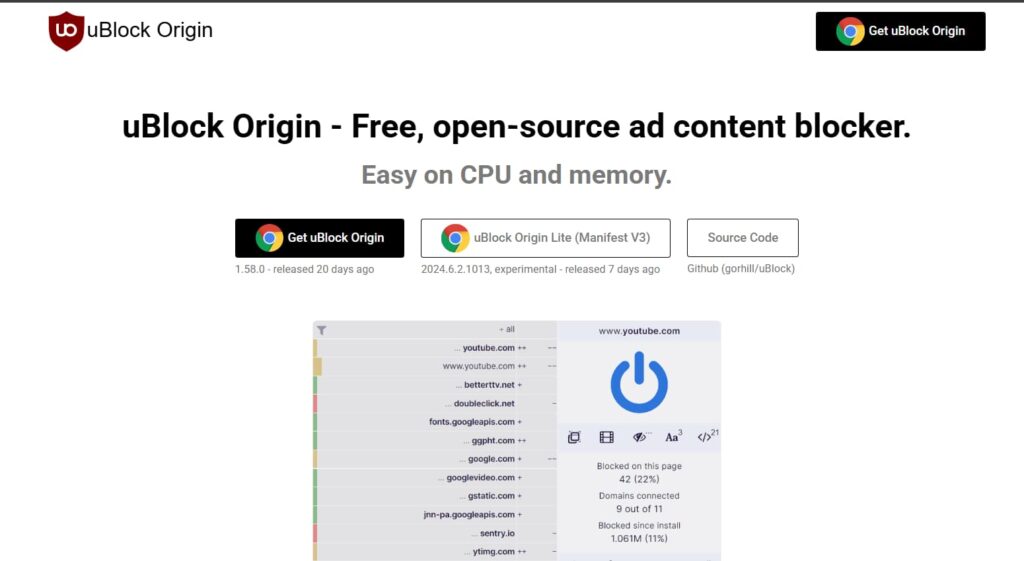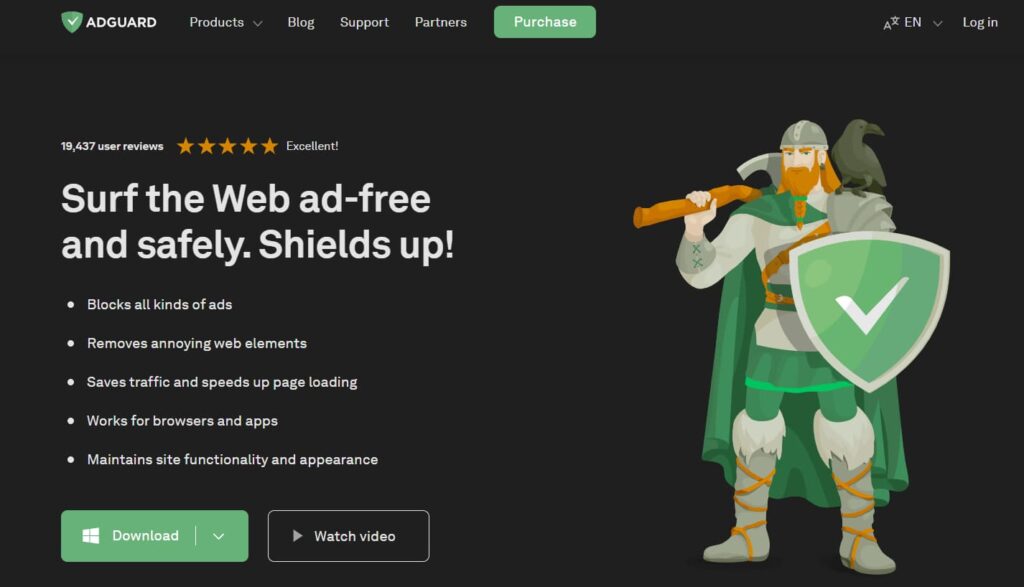
Finding the perfect place to eat can be as satisfying as the meal itself, unless the process is interrupted by an endless stream of online ads. From flashy pop-ups to intrusive video ads, searching for restaurant reviews or browsing menus online can quickly go from fun to frustrating. If you’re a dedicated foodie or just someone looking for a quick bite, you deserve a smoother, cleaner, and more reliable experience. That’s where a reliable ad blocker comes in.
In this article, we’ll explore how ad blockers improve your restaurant research, why they matter in today’s ad-saturated digital space, and which tools are best suited for diners who want their decision-making process as crisp as a fresh salad.
The Problem: Restaurant Discovery in an Ad-Heavy World
Every seasoned restaurant-goer knows the routine: you Google “best sushi in Chicago,” click on a few articles, open Yelp or TripAdvisor, and start exploring. What should be a seamless journey turns into a digital obstacle course:
- Slow page loading due to ad scripts
- Video ads that autoplay with sound
- Pop-ups covering crucial review details or menus
- Promotional banners from competitors
- Tracking scripts invading your privacy
Restaurant discovery websites, review platforms, and even food blogs often rely heavily on advertising for revenue. The downside? Your user experience suffers, especially when time and accuracy matter.
Why Ad Blockers Matter for Food-Focused Browsing
Imagine this: you’re in a new city, hungry, and trying to quickly find a good restaurant. You’re flipping through a few sites and suddenly, bam, a banner ad takes over the screen, or worse, a video ad starts blasting sound as you’re discreetly browsing in public.
This kind of interruption not only slows your decision-making but can also lead to poor choices because critical information like reviews, menus, or opening hours becomes harder to access.
Using an ad blocker like AdLock dramatically improves your experience by:
- Eliminating distractions, so you can focus on user reviews and menus
- Speeding up load times, especially on mobile data
- Preventing accidental ad clicks that send you to irrelevant sites
- Enhancing privacy while browsing third-party review platforms
Top Ways Ad Blockers Enhance Restaurant Research
1. Faster Browsing When You’re in a Hurry
Whether you’re checking reviews during a lunch break or trying to get a reservation while your Uber pulls up, speed is everything. Ads slow down websites by forcing your browser to load third-party scripts. Ad blockers remove these elements, allowing pages to load significantly faster.
2. Access to Clear, Uncluttered Information
Menus, contact information, directions, and customer reviews are often buried under sponsored content. Ad blockers help you view what really matters, restaurant details, not unrelated product pitches.
3. Improved Mobile Experience
Mobile browsing is notoriously vulnerable to disruptive ads, interstitial pop-ups, auto-redirects, and sticky banners. For foodies on the go, these interruptions are not just annoying, they’re time-wasting. Ad blockers optimized for mobile (like AdLock) streamline your experience across devices.
4. Safer, More Private Research
Review websites often track your behavior and build advertising profiles. If you’re browsing incognito or simply want to avoid retargeted ads (“Still looking for Italian food?”), an ad blocker keeps your preferences private and your data secure.
5. Better Focus on Local Results
Local SEO results can be skewed by promoted listings. Without ads in the way, you get organic rankings and honest reviews, essential for finding that hidden gem.
Real-Life Scenario: Before and After Ad Blocking
Without an ad blocker:
You’re looking for vegan-friendly spots near you. You open three tabs, HappyCow, Yelp, and a local food blog. All three bombard you with flashing ads, video reviews you didn’t ask for, and sign-up prompts.
With an ad blocker:
You open the same pages. They load faster. Content is clean. You get straight to the listings, menu screenshots, and user reviews. In five minutes, you’ve chosen a spot and mapped your route.
The difference is like night and day, and one small tool makes it possible.
Best Ad Blockers for Restaurant Browsers
1. AdLock

AdLock is ideal for those who frequently browse food content across multiple devices. It works both in browsers and inside apps, making it ideal for Yelp, Google Maps, or restaurant websites. It blocks banners, pop-ups, video ads, and trackers, without compromising speed.
- Excellent on both desktop and mobile
- Works with in-app browsers
- Lightweight and easy to use
Perfect for: Foodies who bounce between their phone and laptop while planning dinner.
2. uBlock Origin

This free browser extension is efficient and offers high customization. It’s ideal if you mostly use Chrome or Firefox to explore restaurant websites and don’t mind doing some setup.
- Highly configurable
- Open source
- Doesn’t work inside apps
Perfect for: Users who stay within their web browser and want maximum control.
3. AdGuard

AdGuard offers system-wide blocking and extra privacy filters. Its parental control features are helpful if kids also use the devices to look up places to eat.
- Great for families
- Privacy-focused
- Some features behind a paywall
Perfect for: Families doing group restaurant research.
Should You Always Use an Ad Blocker?
While ad blockers improve the experience, it’s also worth considering when not to use one. Some local food bloggers and independent restaurant reviewers depend on ad revenue to keep their content free.
Consider whitelisting sites you trust and visit regularly, especially if their ads are non-intrusive and their content provides value. This way, you maintain a clean browsing experience without harming independent creators.
Restaurant Apps and Ad Blocking: A Quick Note
Many restaurant-related apps (like Yelp, Uber Eats, or OpenTable) also show ads or sponsored results. Some ad blockers can extend into apps depending on your device and OS settings. AdLock, for example, is known for its robust app-level blocking features on Android and Windows.
If you’re primarily an app user, choosing a blocker that works beyond just browsers is crucial.
Bonus: Block Ads While Watching Restaurant Reviews
Ad blockers aren’t just for websites, they’re also useful when watching restaurant reviews on YouTube or Instagram. Video ads interrupt the vibe, delay your decision-making, and kill the momentum of discovery.
With the right blocker, you can:
- Watch uninterrupted YouTube food tours
- Browse TikTok restaurant reels without constant “sponsored content”
- Read influencer blog posts with zero distractions
Conclusion
Choosing where to eat is more than just clicking on the top Google result. It’s an experience, a decision, and often a moment of joy. Don’t let digital noise get in the way.
A solid ad blocker like AdLock transforms your restaurant research process into something fast, efficient, and enjoyable. Whether you’re a food blogger, a hungry traveler, or someone just looking for a quick dinner fix, blocking the clutter lets you focus on what really matters: the food.
Ready to elevate your dining discovery? Start with a cleaner screen and let your next great meal find you, not your ad history.




